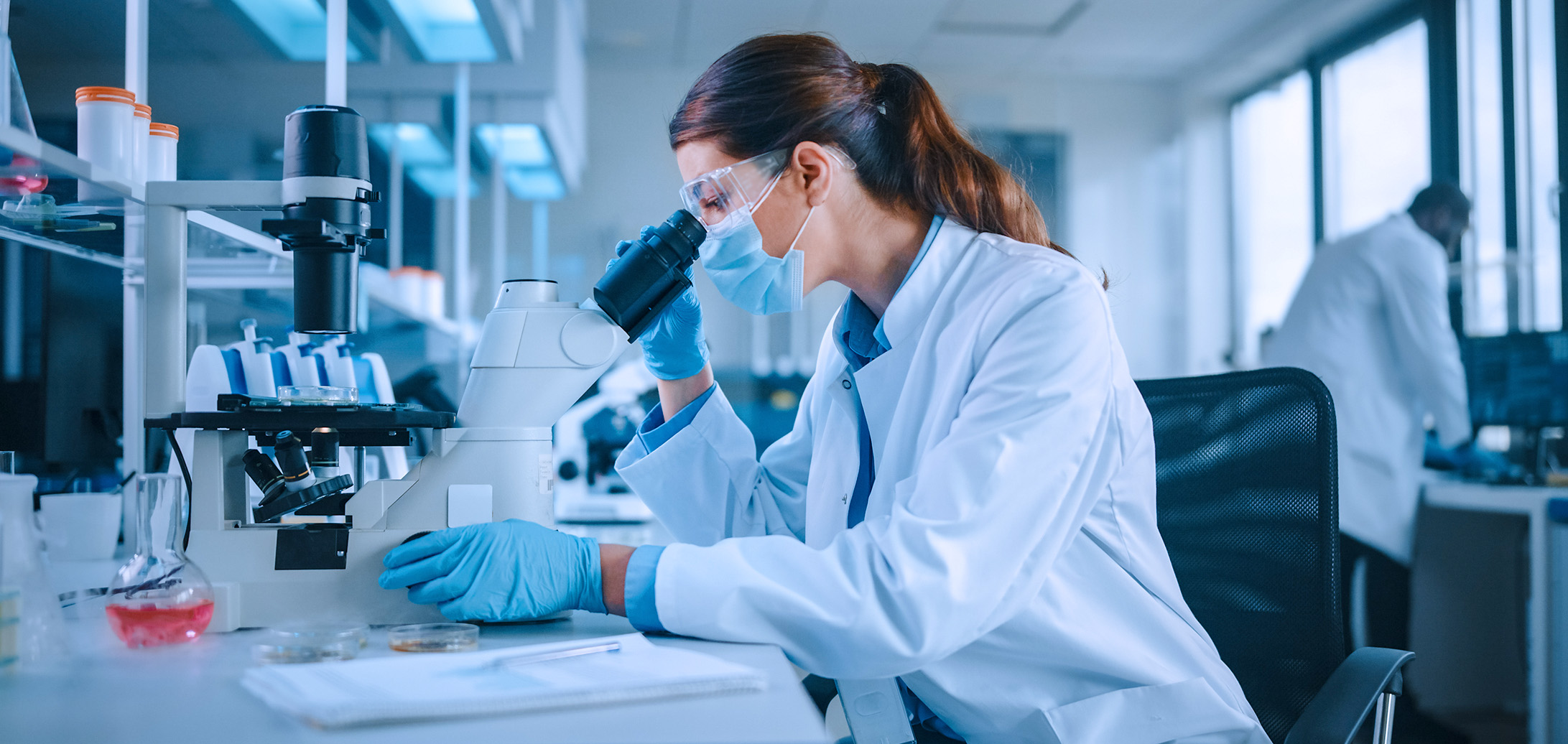Lab Technicians and Technology–Have You Got What It Takes to Succeed?

Ever dreamt of being a lab technician? Do you fantasize about spending your days performing tests, analyzing samples, and operating sophisticated equipment in a cutting-edge laboratory? If you love math and science, working with your hands, and possess a few other practical and soft skills, then maybe a career as a lab technician is for you. Read on for more details.
The lab technician
A lab technician works behind-the-scenes in scientific research development, analysis and investigation, typically in the fields of biological, physical, chemical and life sciences. The duties include processing data, recording information, maintaining equipment, laboratory tools and workspaces, and tracking inventory.
Employment opportunities exist in both the public and private sectors. Potential employers include
- Pharmaceutical and chemical companies
- Cosmetics, textile, or food and beverage businesses
- Research and forensic institutions
- Hospitals
- Educational institutions
- Environmental agencies
Some typical entry qualifications include bachelor’s degrees in physics, biology, chemistry, or environmental science, for example, but there are other routes too. Many organizations provide internship opportunities. Furthermore, large laboratories and institutions often offer paid or unpaid internships when they need help with equipment maintenance, documentation, sample collection, or reporting tasks.
Technical skills
When it comes to technical skills, a lab technician needs to master quite a long list, but that is what the job’s all about. Here are just a few, as examples.
The role involves handling, adjusting and calibrating laboratory devices and apparatus, such as incubators, centrifuges, single- or multi-mode microplate readers or autoclaves. Safe handling of chemicals and using safety data sheets is also essential.
Duties also involve accurate weighing to prepare solutions, plus any calculations needed. This goes in hand with preparing and processing samples, as well as performing separation processes for mixtures of solids and liquids.
The ability to read and use technical documents and instructions is primordial. These may be related to analysis or formulations, procedures, and specifications of substances, manuals, or diagrams for equipment.
A lab technician must also be capable of logging data, and following up with graphic evaluation and interpretation of results, plus the subsequent documentation. All this should be performed using the latest in IT and statistical methods.
Finally, all these duties and procedures must be performed with consideration for relevant norms and quality, safety, and environmental standards at the place of work. This can change from industry to industry, state to state, or country to country. These changes can occur very quickly so it’s important to stay on top of the latest updates.
Other skills
A lab technician should have impeccable attention to detail and organization, combined with good hand-eye coordination. Furthermore, a good level of literacy, numeracy, and written communication is a must. The role involves being able to learn practical techniques which are constantly changing with technology and apply newly attained knowledge too. A clear ability to work as part of a team and to work autonomously are also very much desired. A good command of written and oral language, knowledge of specialist terminology, and job-related foreign languages are also needed for this job.
Soft skills for laboratory technicians
We could say that there are at least five critical soft skills that you need to work successfully as a lab technician. These are problem-solving, communication, team-work, delegation, and time management. These skills can be taught in the classroom. Reading books, taking online courses, attending seminars or listening to podcasts are just some examples. But there are others, including creativity or leadership, which tend to be natural abilities some individuals possess.
The downsides
Just like any other job, working as a lab technician has its downsides. It is often the case that PPE has to be worn throughout the day. There may be long periods of standing or sitting at a workstation. Shiftwork may not be ideal for many people, but is often required for larger labs. Although repetition is fundamental to the job, performing the same, or similar, group of tasks every day can become monotonous. This is often overcome through rotation of employees among different departments. Lab work can involve working at a very fast pace under pressure while remaining focused—not everyone’s cup of tea either.
The rewards
Helping to discover something new is by far one of the greatest rewards for a lab technician… but that’s not all. It’s a profession with highly competitive salaries, often with flexible part-time and full-time positions. There is plenty of job security since it is a growing field. You can make a difference and you’ll be helping others too. Take for example medical lab assistants. They know that the work they do is extremely important and there is a real patient behind every specimen that is examined. They understand that through their work they are helping to find cures, treating illnesses, and save lives. We all saw how important this work is with the coronavirus pandemic.
Future outlook
The world is ever-changing and becoming more digitized. The future will bring with it plenty of excitement in terms of technology—robotics, artificial intelligence, and virtual reality will all have an influence on the role and life of a lab technician. So, there’s no better time that to start or even switch to a career with real-world impact.

